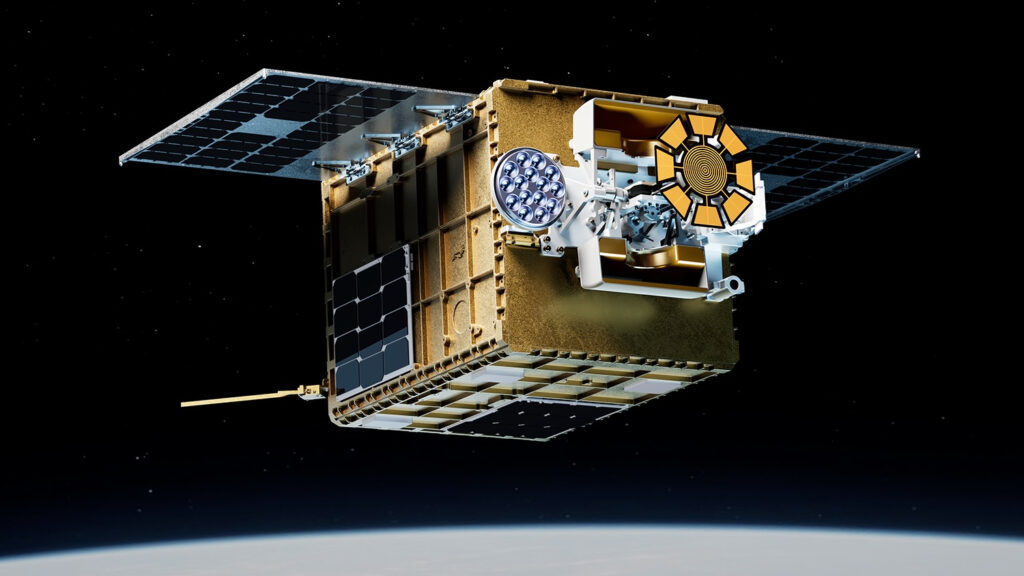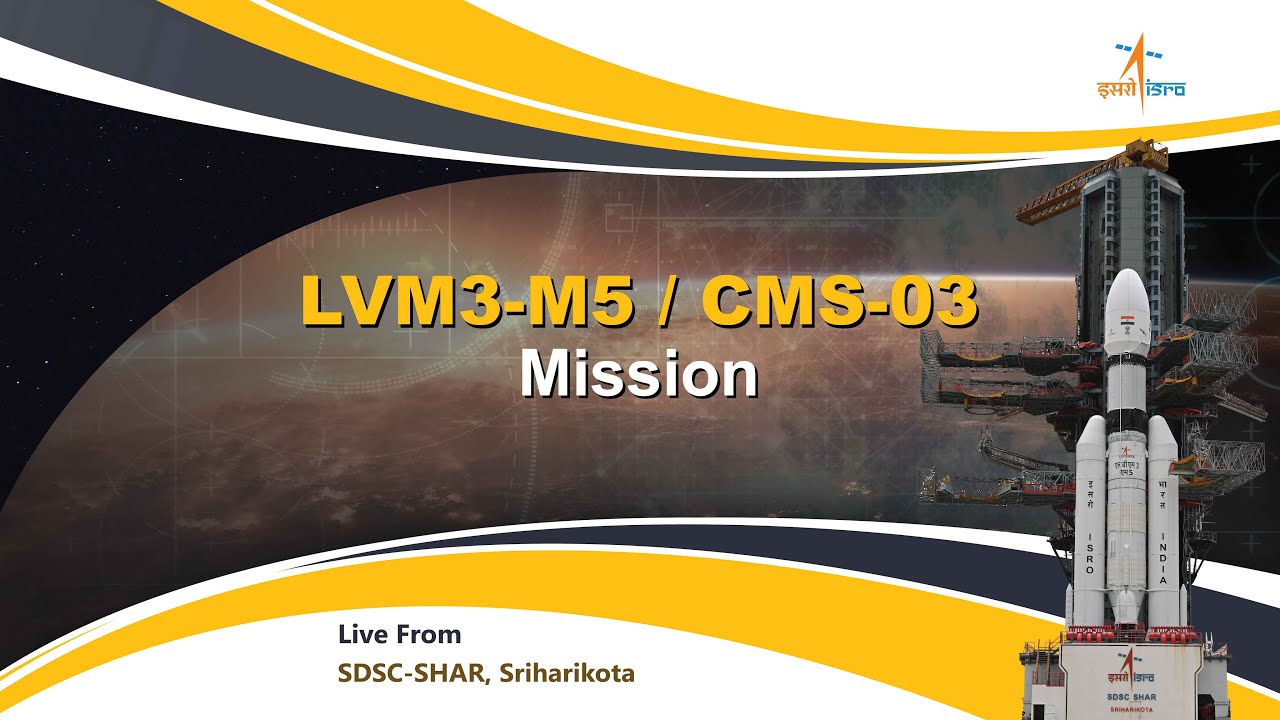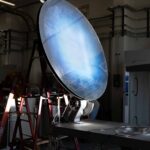Now Reading: SpaceX launches private space station pathfinder ‘Haven Demo,’ 17 other satellites to orbit
-
01
SpaceX launches private space station pathfinder ‘Haven Demo,’ 17 other satellites to orbit
SpaceX launches private space station pathfinder ‘Haven Demo,’ 17 other satellites to orbit
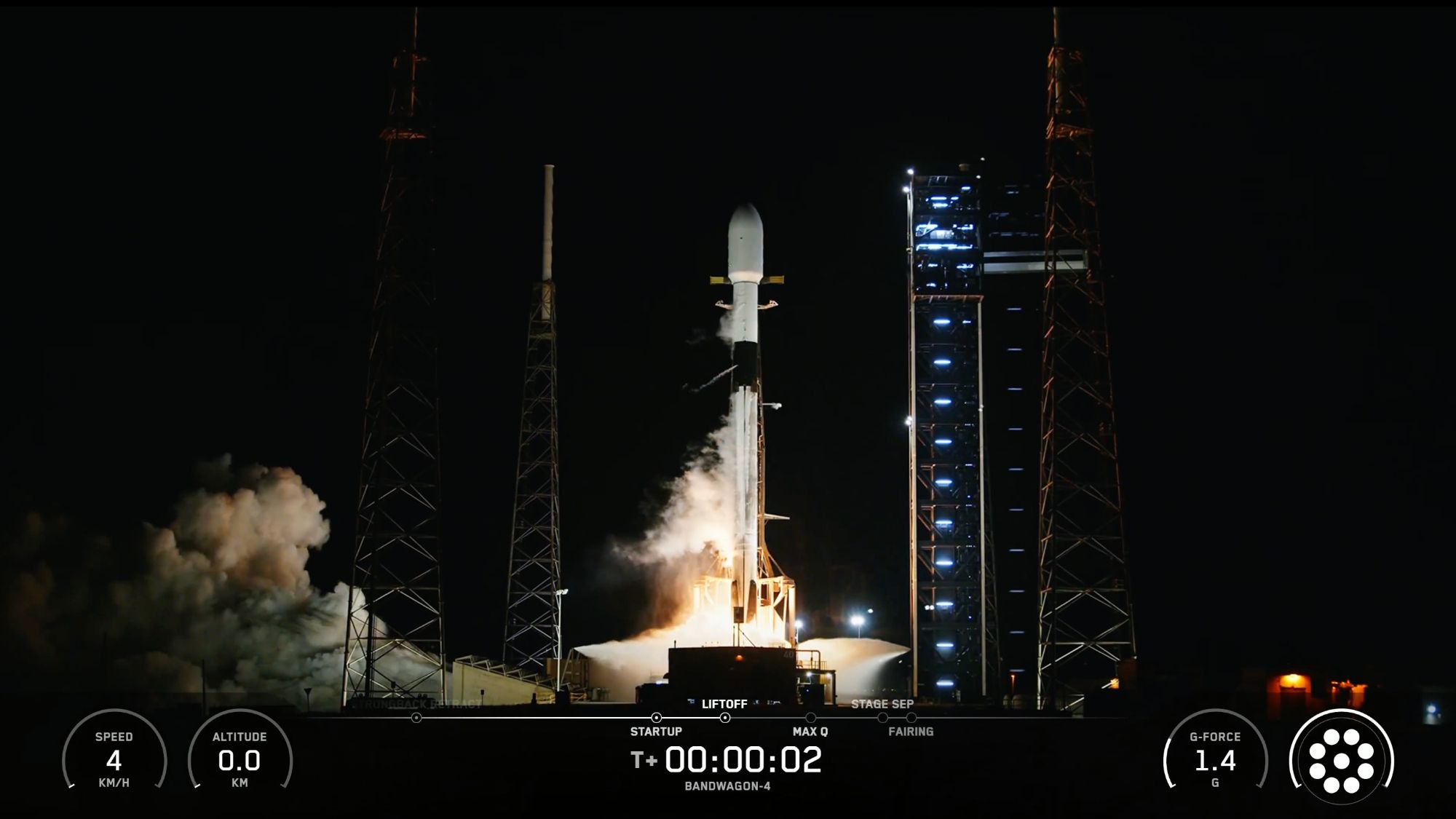
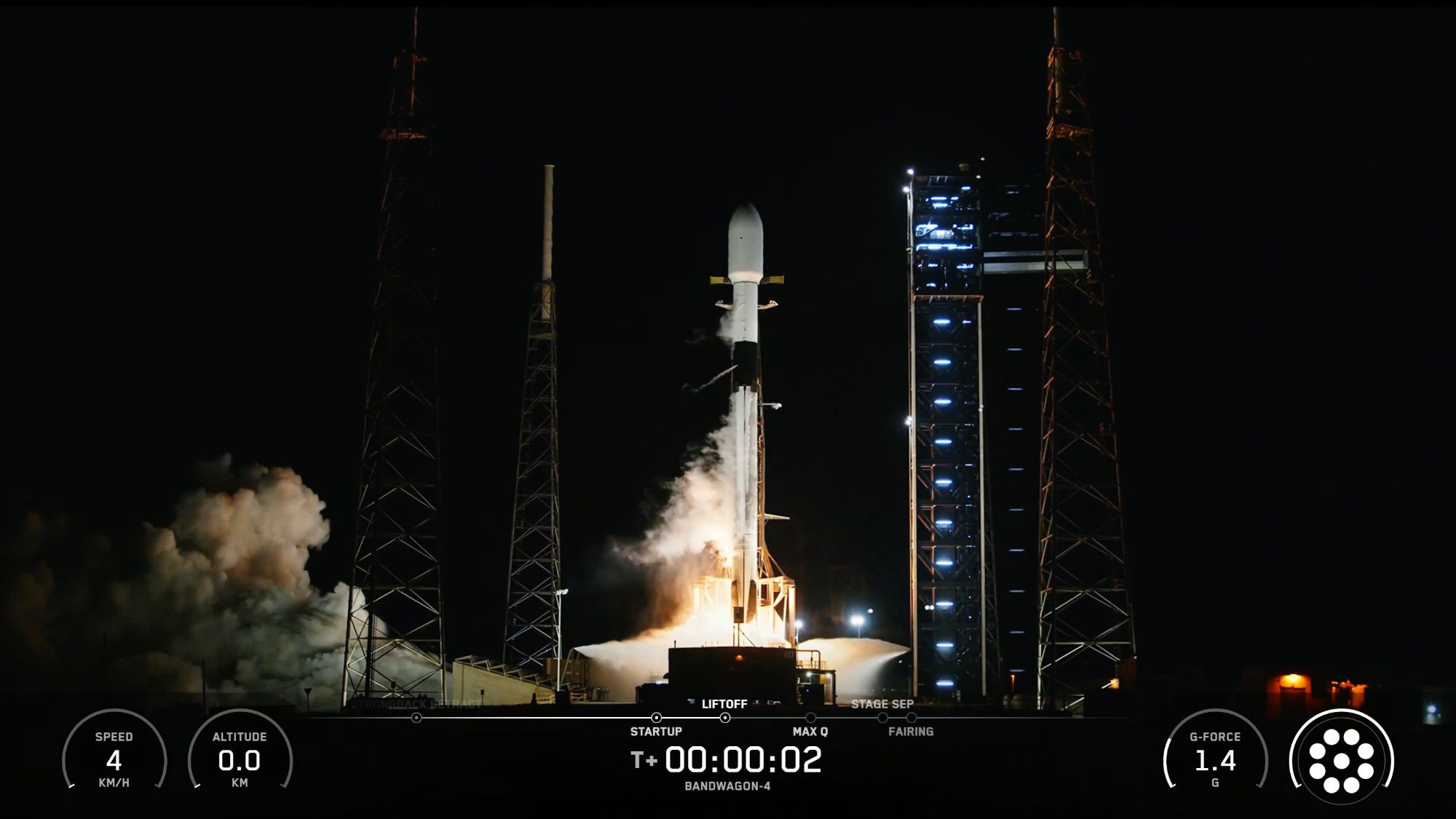
SpaceX just launched a satellite that could help pave the way for a private space station in the very near future.
A Falcon 9 rocket lifted off from Cape Canaveral Space Force Station in Florida today at 1:09 a.m. EDT (0509 GMT), on a multi-satellite rideshare mission that SpaceX calls Bandwagon-4.
“The first step in our iterative approach towards building next-generation space stations, Haven Demo will test critical systems for Haven-1, including propulsion, flight computers and navigation software,” Vast wrote in a description of the satellite.
Vast’s Haven-1 will launch to low Earth orbit (LEO) atop a Falcon 9, perhaps as soon as the second quarter of 2026. If that schedule holds, Haven-1 — which can support up to four astronauts at a time — will be the first standalone private space station in human history.
The other 17 payloads that went up today will be operated by South Korea’s Agency for Defense Development (ADD), the Berlin-based company Exolaunch, Turkey’s Fergani Space, the weather-forecasting outfit Tomorrow Companies and Starcloud, which aims to build data centers in space.
The Falcon 9’s first stage came back to Earth as planned today about eight minutes after launch, touching down at Cape Canaveral’s Landing Zone-2. It was the third flight for this particular booster, according to SpaceX.
The rocket’s upper stage, meanwhile, continued carrying the 18 payloads to orbit. It will deploy them over an hour-long stretch that begins about 12 minutes after liftoff with the separation of ADD’s Korea 425 satellite.
As its name suggests, Bandwagon-4 was the fourth mission in SpaceX’s Bandwagon series to lift off. The company also operates another rideshare program called Transporter, which has 14 launches to its name to date.
Bandwagon-4 was the 140th Falcon 9 launch of 2025 already. More than 70% of the rocket’s missions this year have been dedicated to building out Starlink, SpaceX’s huge and ever-growing broadband megaconstellation.
Stay Informed With the Latest & Most Important News
-
 01Two Black Holes Observed Circling Each Other for the First Time
01Two Black Holes Observed Circling Each Other for the First Time -
 02From Polymerization-Enabled Folding and Assembly to Chemical Evolution: Key Processes for Emergence of Functional Polymers in the Origin of Life
02From Polymerization-Enabled Folding and Assembly to Chemical Evolution: Key Processes for Emergence of Functional Polymers in the Origin of Life -
 03Astronomy 101: From the Sun and Moon to Wormholes and Warp Drive, Key Theories, Discoveries, and Facts about the Universe (The Adams 101 Series)
03Astronomy 101: From the Sun and Moon to Wormholes and Warp Drive, Key Theories, Discoveries, and Facts about the Universe (The Adams 101 Series) -
 04True Anomaly hires former York Space executive as chief operating officer
04True Anomaly hires former York Space executive as chief operating officer -
 05Φsat-2 begins science phase for AI Earth images
05Φsat-2 begins science phase for AI Earth images -
 06Hurricane forecasters are losing 3 key satellites ahead of peak storm season − a meteorologist explains why it matters
06Hurricane forecasters are losing 3 key satellites ahead of peak storm season − a meteorologist explains why it matters -
 07Binary star systems are complex astronomical objects − a new AI approach could pin down their properties quickly
07Binary star systems are complex astronomical objects − a new AI approach could pin down their properties quickly














